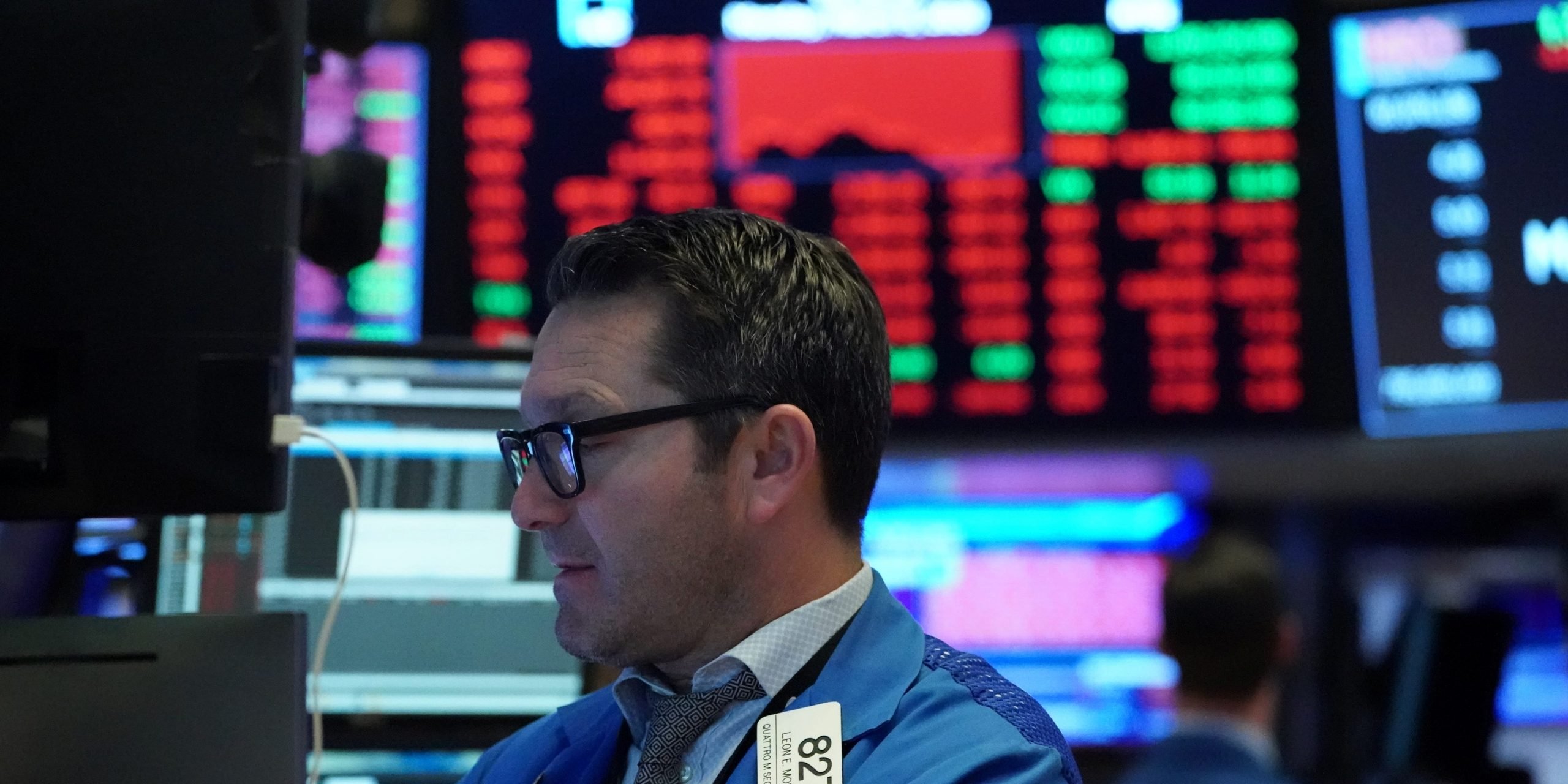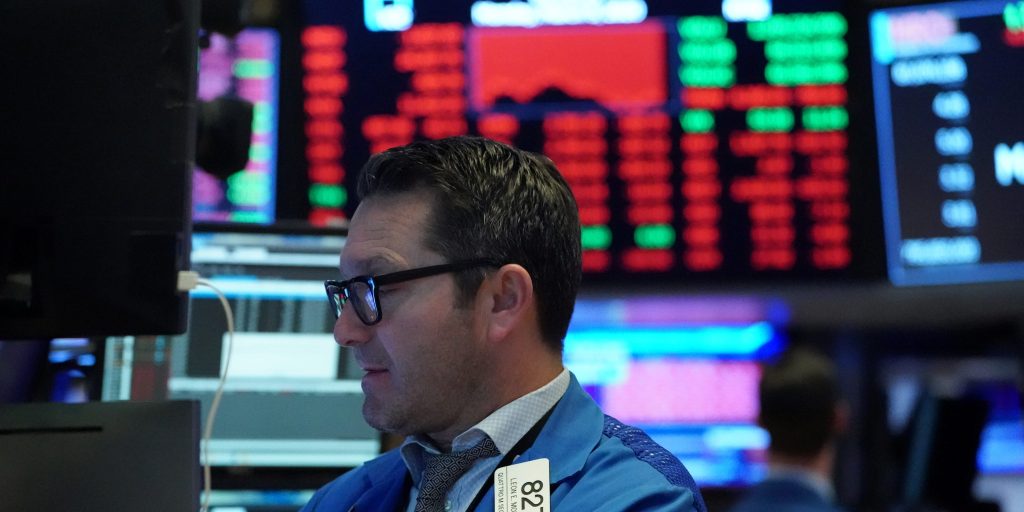
Bryan R Smith/Reuters
- In the past month, short sellers have made $100 million betting against Cassava Sciences.
- The profits come as the biotech firm loved by retail traders tumbles amid concerns over its Alzheimer's drug.
- Though on Tuesday, the drugmaker posted a small gain, prompting many retail investors to remain bullish on the stock.
- Sign up here for our daily newsletter, 10 Things Before the Opening Bell.
In the past month, short sellers have made $100 million betting against Cassava Sciences, as the biotech firm loved by retail traders tumbles amid concerns over its Alzheimer's drug, Bloomberg reported, citing data from S3 Partners.
Cassava is one of the lesser-known meme stocks of 2021, and just a month ago saw it's year-to-date gains rise to 1,880%. It's now tumbled over 50% as some raise questions about the integrity of its experimental treatment for Alzheimer's patients, called simufilam.
Last Wednesday, Cassava plunged as much as 30% in one day after a lawyer disputed the validity of the biotech company's clinical studies results. The lawyer from firm Labaton Sucharow alleges that some of Casssava's results show signs of data manipulation. According to Bloomberg, the lawyer is representing an unnamed short seller, and petitioned the Food and Drug Administration to halt trials of simufilam.
The allegations haven't crushed retail traders' bullishness on Cassava, however. On Tuesday, investors on social media site Stocktwits cheered Cassava's small 5% intraday gain and noted that the biotech company said the lawyer's allegations are false and misleading. Some even doubled down on their conviction and claimed they bought more Cassava shares.
"Why can't these shorties accept their defeat and just ***k off?" one post read.
"I never sold a share and only loaded up more, don't think I'm done yet either!" another user commented. "Shorts have given us an opportunity of a life time and to you shorty I am grateful! Thank you and now burn."
According to Bloomberg and S3, about 13% of Cassava's float is sold short.
The saga encompasses a common theme this year of retail traders vs. institutional short sellers that has inspired many individual investors to pile into heavily-shorted stocks.

